Are you doing well on your wilderness journey? Perhaps you’ve missed a couple days of your Lenten Rule. Join the group. Join endless numbers who sincerely embrace God’s covenant relationship and immediately break away through sin. Each time God makes covenant with His people we see God’s grace expand. We recall God’s first covenant with Noah and family of eight. God will no longer obliterate man and animal no matter how much they sin against him. Blood sacrifice was introduced to cover their sin.
God’s covenant with Abram and Sarai in their old age changed them. Blood sacrifice was still used to cover sin but God’s grace expanded into greater promise. “I will multiply your offspring greater than the stars in the sky.” In fact, the child promised to Abraham and Sarah in their old age multiplied through Isaac, then Jacob then to his sons who represented the twelve tribes of Israel. During their 450 years in Egypt, Jacob’s twelve sons expanded to about two million. While in Egypt the blood sacrifice for sin was not allowed because it was smelly and messy. Therefore, the Hebrew people could not worship as they wished while under the law of Pharaoh. Because the remnant prayed to God for their salvation, Moses was sent to rescue these Israelites and drive them through the parted waves of water into the freedom of the Sinai wilderness.
God governed his people through Moses for forty years in order to prepare them for their return to the Promised after Land. Few maintained a personal relationship with the God of Abraham, Isaac and Jacob. Through grace, God created a new covenant with his people in order to draw their hearts back to YHWH. God provided the “Deca-logi”, ten words, to direct their path. When Moses was with God for forty days, the people became restless and forged a golden calf instead of a blood sacrifice to appease God. They broke the ten commands before Moses could present them. Moses destroyed these tablets, directed all to repent of their sin, and returned to beg God not to destroyed his people as God promised with Noah. Because of God’s grace, Moses brought another Deca-Logi to God’s people. These ten laws drew the Israelites into the presence of God.
The first Law showed God’s people that “I AM the I AM” and that God’s people worship no other gods.
Second, focus on no graven image but focus only on the God of Abraham, Isaac and Jacob. God was saying to his people, “Seek My presence and no other.”
Third, keep the name of the One God holy. In fact, the Hebrew people dared not mention G-d for fear they would not speak with enough awe, wonder of holiness toward YHWH.
Fourth, keep the seventh day holy. God’s people, their slaves and animals are to rest from their labors and give glory to God, the Creator of all that is good.
This Sinai Covenant, the giving of the Law, reminded the people to draw close to God, focus on God alone and develop a personal relationship with God.
Once godly relationship was established, the next six laws directed positive behavior to others in community. Honor parents, do not murder or commit adultery. No stealing or lying. Do not covet the neighbor’s home or livestock or wife or anything that does not belong to you. [Hamad, an attitude of lust]
These commands in Exodus 20 are unique. The Law of today demands consequences if broken. “If I steal I repay according to the law.” Covenant Law, Apodictic Law, divine law, is different. The Deca-logi state expectations of covenant relationship with God. One keeps relationship with God or not. Period.
Breaking the law simply means separation from the presence of God. This personal choice is not God’s choice. God’s side of the covenant is always kept. It’s our choice to break covenant.
For instance, the commandment says, “Thou shall not steal.” The act of stealing breaks the commandment, thus breaking relationship with God. The only way to return to God is through blood sacrifice. As the Israelites learned, blood sacrifice would have to be offered every hour of every day to keep these tribes in God’s presence. Forty years in the wilderness was little time to teach the next generation the habit of focusing on God alone.
This brings to light what we see happening in John’s Gospel. Jesus came not to destroy the Law but to bring to light the impossibility of keeping it holy. Jesus combined the first four laws that point to a personal relationship with God into 1/2 of the Great Commandment: “Love the Lord, your God, with all your heart, soul, strength and mind.” The second six laws that direct our relationship with others are succinctly stated, “Love your neighbors as yourself.” When we fail to keep the summary of the Law, the Great Commandment, our personal relationship with Jesus, the Christ, who became our eternal sacrifice, once, for all, is our own ‘blood’ sacrifice.
That’s why Jesus was so angry when he entered the Jerusalem temple. The Father directed Jesus’ anger to those breaking relationship with God. The I AM enters the outer court of the temple and knows the exploitation of a temple rite is wrong. Coins with Caesar’s face [no graven images] and foreign coins must be exchanged for the ‘temple’ currency to pay the annual temple tax and to purchase the blood sacrifice for Passover. Overpricing the exchange rate and providing blemished animals is stealing from the people and stealing from God. It’s extortion. The actions of the vendors blaspheme God by bending the rules for their own purposes.
In the same way, we may ‘stretch’ the truth a little, hedge our bets, cut corners, play the game to win a little more out of life. Yet, the I AM knows the intentions of our heart. Jesus knows our heart. Because we have the Holy Spirit in us through baptism, we have the law of God’s heart within us. Deep down we know when we are separating from God for just an instant. Yet, by faith, through God’s grace, we believe in Jesus’ blood sacrifice that covers our sins.
Jesus Christ, the New Covenant, will never leave us nor forsake us even if our actions draw our heart away for a moment.
The New Covenant, Jesus Christ, may not leave us, but our action disappoints the One who became the blood-sacrifice for us.
What thoughts or actions or habits might separate you from God for even a millisecond?
What habit can you create during this wilderness time that draws you more deeply into the presence of our Lord?
What daily practice can keep you from grieving the Holy Spirit?
How do you continually experience the love of Jesus, and remain in covenant relationship with God as the Holy Spirit draws you into our Lord’s tightly knit presence?
Drawing on the Lord’s endless love as we come into God’s presence is far easier than keeping the Deca-logi.
Perhaps we can give thanks to our Lord, Jesus Christ, for dying on the Cross, for his blood sacrifice for us.
Amen

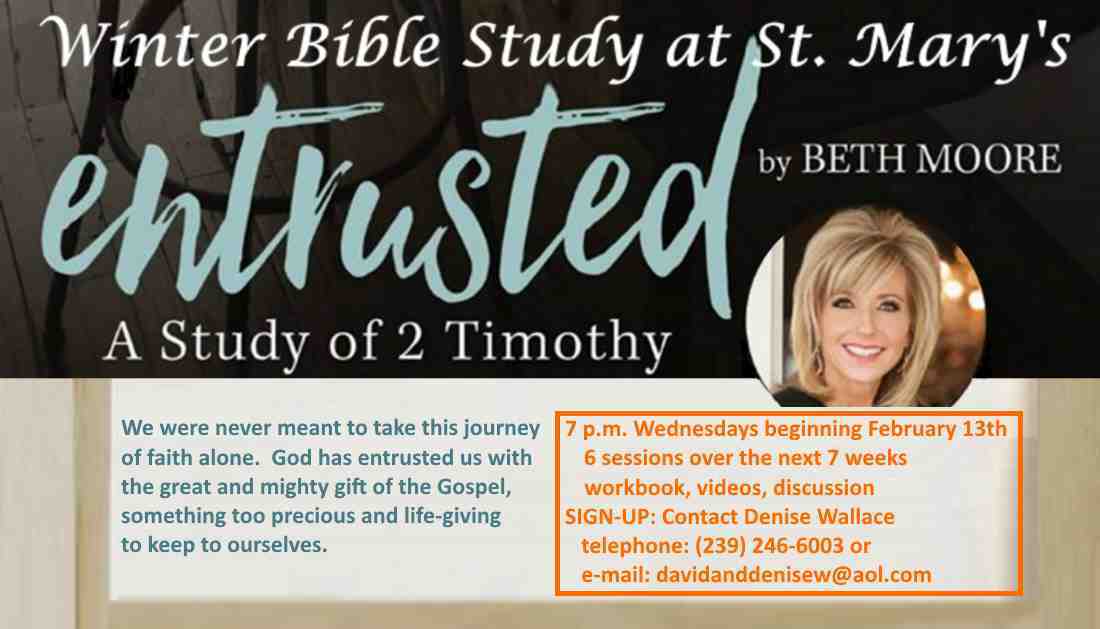
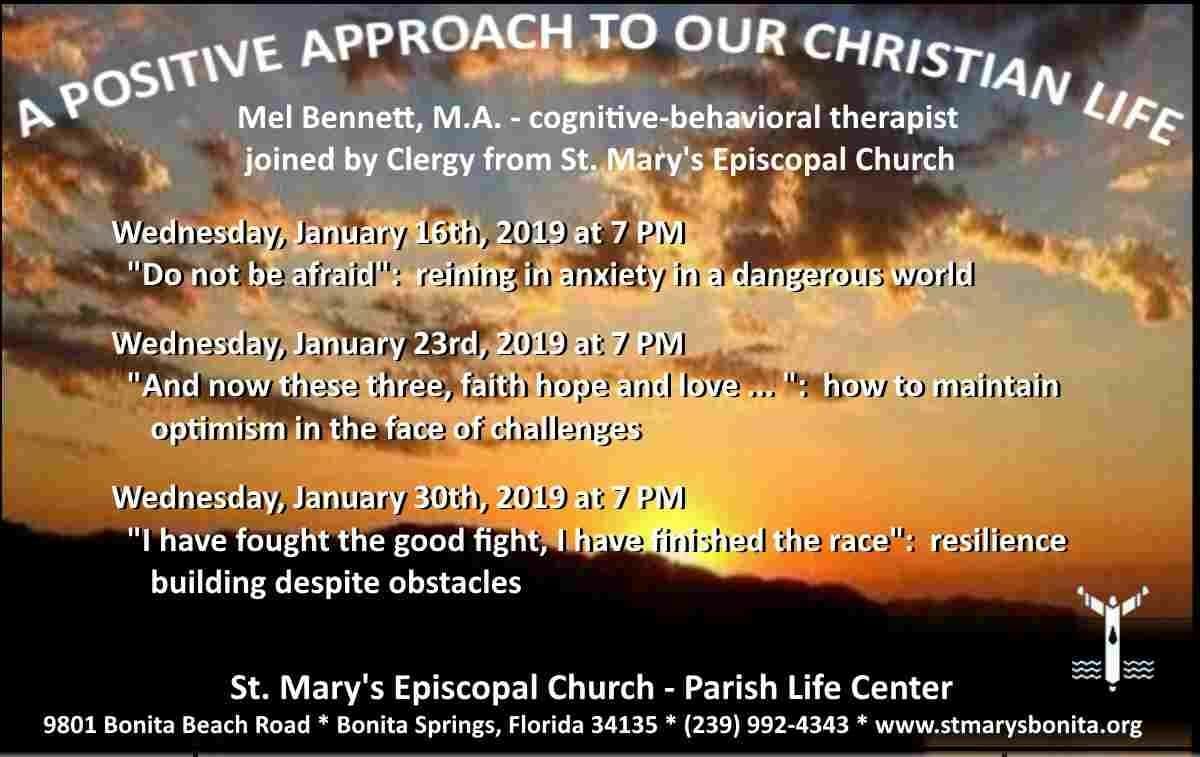
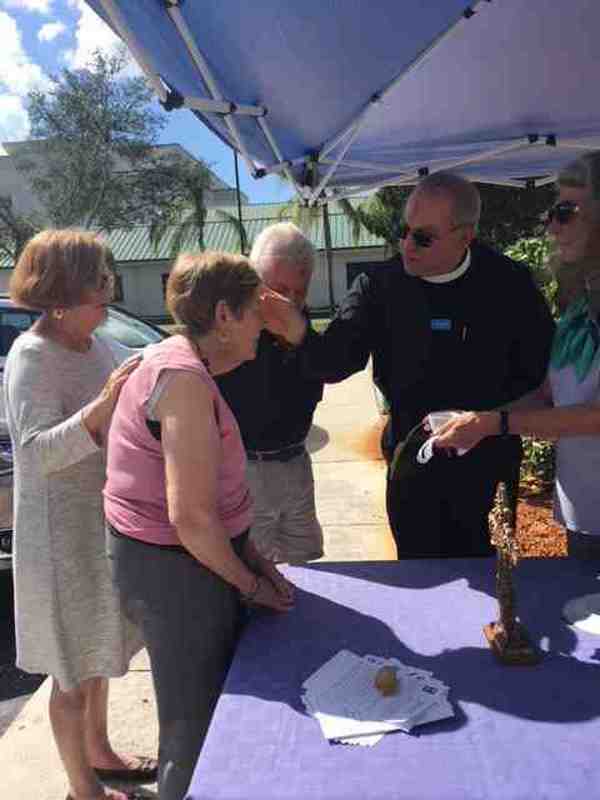
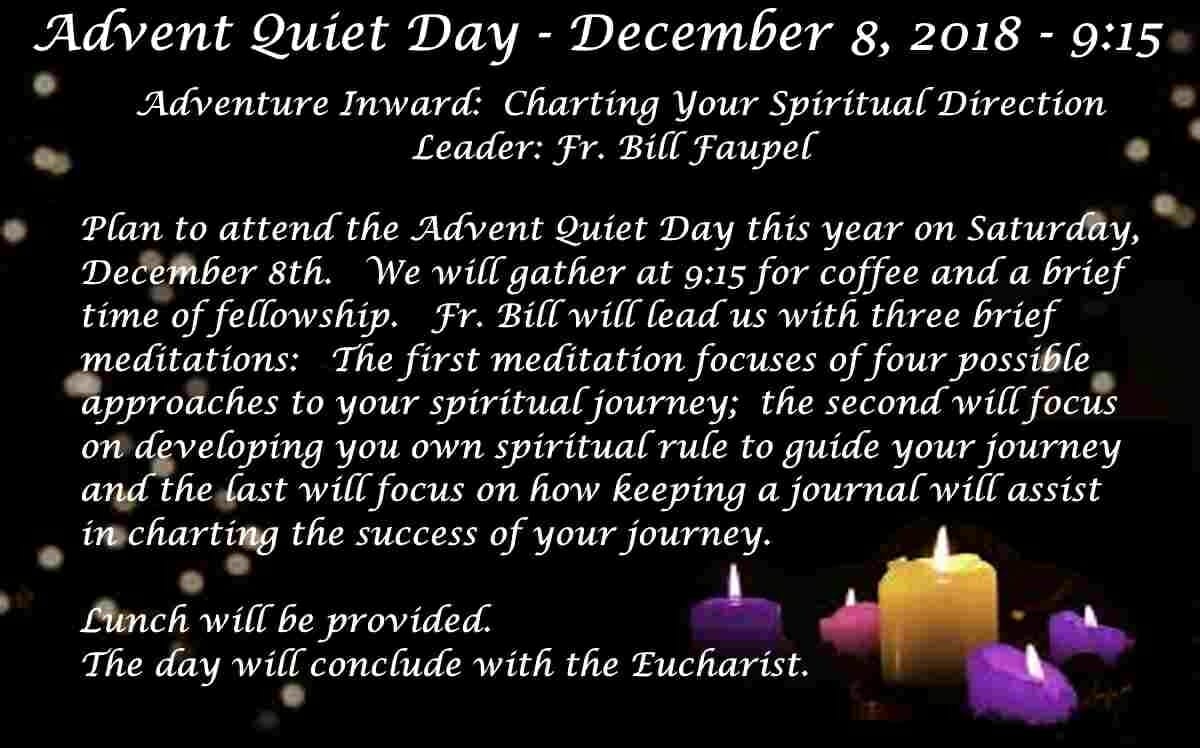
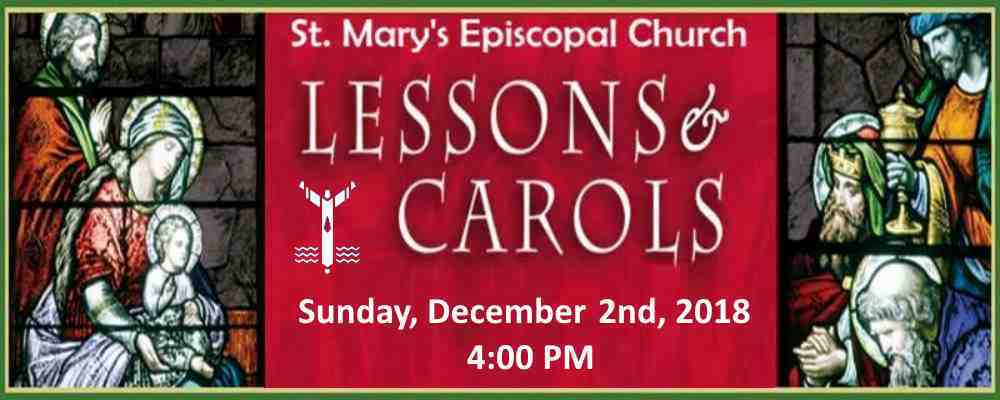

Leave A Comment